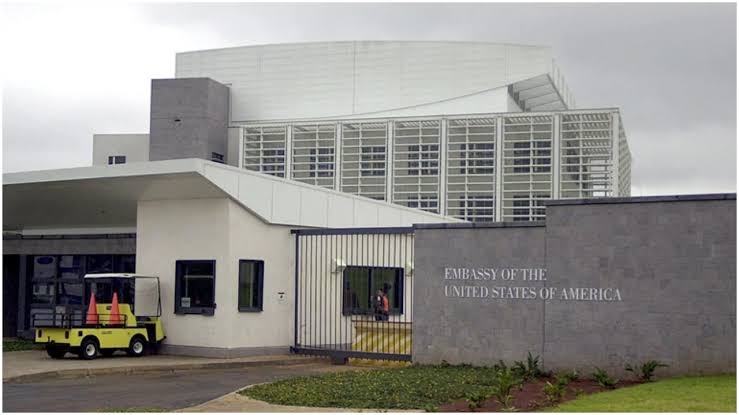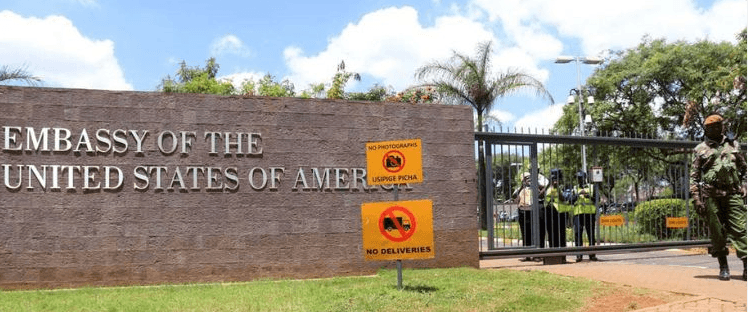
The U.S. Embassy in Nairobi has released a fresh and urgent security alert, cautioning American citizens and other foreigners against visiting high‑traffic areas commonly frequented by tourists and expats. The advisory specifically flagged places such as hotels, restaurants, malls, markets, schools, police stations, places of worship, and embassies as potential targets for terrorist attacks, particularly by al-Shabaab and the embassy emphasized that, terrorist groups, such as al-Shabaab, are an ongoing and persistent threat and locations such as hotels, embassies, restaurants, malls and markets continue to be attractive targets
The alert also highlighted heightened concern around anniversary dates of past attacks, like August 7 (the Westgate Mall attack), September 11, September 21, and October 7, when risks might be elevated
Earlier in 2025, on March 18, a travel advisory expanded the scope of warnings to include terrorism, kidnapping, crime, and civil unrest in specific parts of Kenya. High‑risk areas included counties along the Kenya–Somalia border that is Garissa, Wajir, Mandera as well as coastal regions north of Malindi (including parts of Kilifi), Tana River, Lamu, and parts of West Pokot and Turkana due to banditry and terrorism threats
Even within Nairobi, neighborhoods like Eastleigh and Kibera were identified as high-risk zones owing to violent crimes such as armed carjackings, muggings, and home invasions.
Crime in residential Nairobi
In March 2024, a different kind of alert focused on common street crime in residential estates of Nairobi specifically mentioning phone and purse snatching. The embassy urged citizens to avoid displaying wealth, keep valuables concealed, and remain calm during attempted robberies
Why This Matters
These alerts underscore the ongoing, unpredictable risks from terrorist groups like al-Shabaab and criminal gangs. The mention of anniversaries of past attacks implies that threats can escalate or align with symbolic dates. It is also important to note that the geographic reach of these tips that is from central Nairobi to far-flung border and coastal regions, highlights that both urban and remote areas can be dangerous and hence the conistent reminder from the US embassy that the citizens should make sure they review and enhance personal security while also keeping to date with the local media for updates. United states citizens should also stay vigilant and avoid crowds, protests, and high‑risk neighborhoods while also maintaining a low profile in public. Most important the citizens should ensur they enroll to the Smart Traveler Enrollment Program (STEP) for alerts and assistance
Conclusion
Kenya remains a vibrant and culturally rich destination, but these alerts reflect real and evolving threats from terrorism to street crime and civil unrest. Whether you’re a local resident, foreign visitor, or planning a future trip, maintaining awareness, flexibility, and preparedness is essential for staying safe





